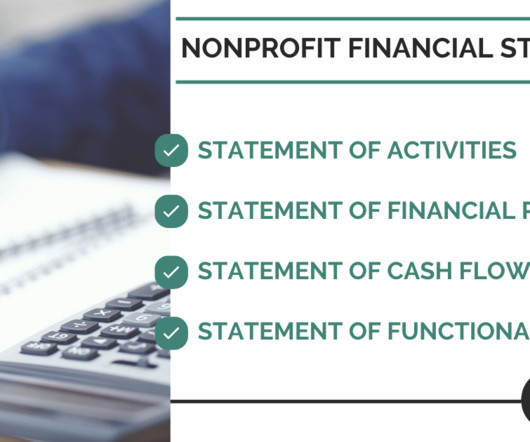From Controller to CFO: What Changes?
CFO Talks
MARCH 20, 2024
Think of a Controller as the head of getting day-to-day money matters right, like making sure every penny is accounted for and reports are spot-on. It’s about making plans for the company’s financial future and finding ways to make the business better. The CFO, however, looks at the bigger picture.















Let's personalize your content